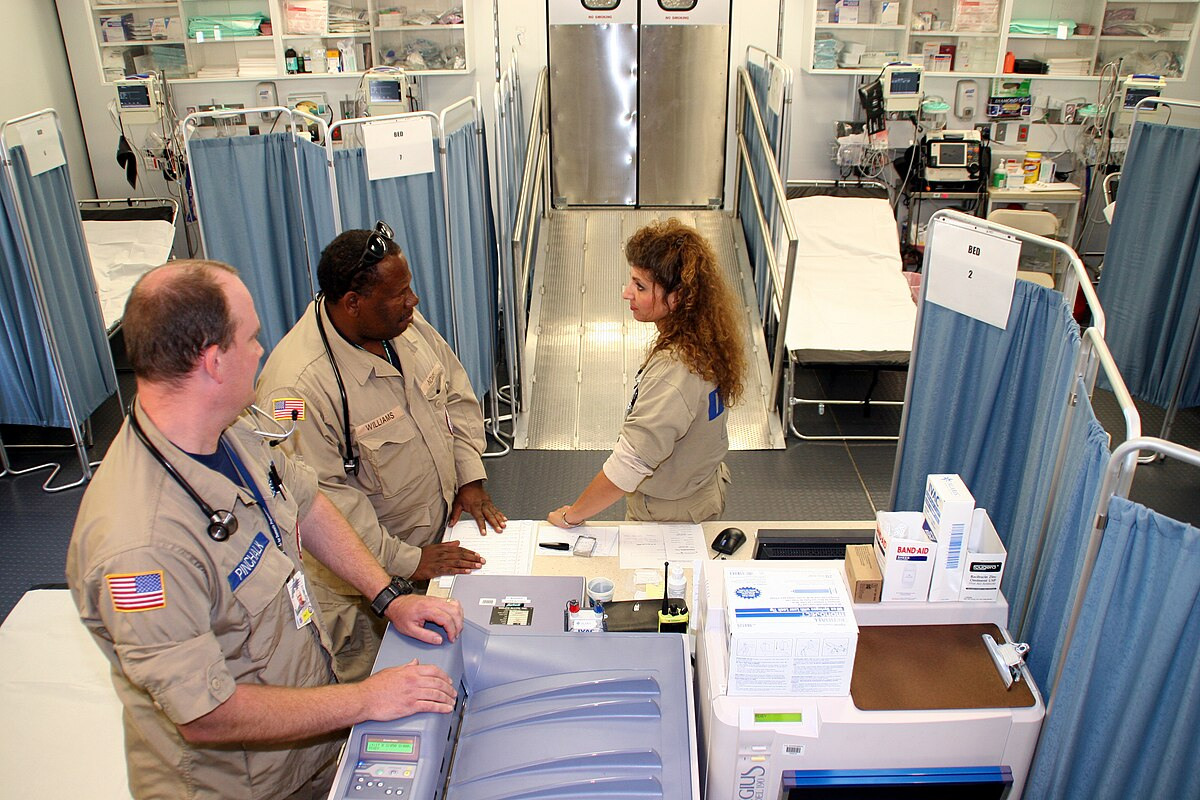What legal factors should businesses consider in emergency staffing?
Emergencies often demand swift action. Whether it’s a natural disaster, a pandemic, or an unexpected surge in demand, businesses may need to bring in temporary or replacement staff at a moment’s notice. While agility is essential in these situations, legal compliance must never be an afterthought. In the rush to fill roles, companies can inadvertently expose themselves to legal risks that could have long-term consequences. To avoid these pitfalls, it’s crucial to understand the legal considerations surrounding emergency staffing.
1. Employment Classification
One of the first legal issues businesses should consider is the classification of emergency hires. Are they employees or independent contractors? Misclassifying workers can lead to penalties, back pay, and liability for unpaid taxes or benefits.
-
Employees are entitled to benefits such Manufacturing Staffing as minimum wage, overtime pay, and potentially unemployment insurance.
-
Independent contractors, on the other hand, operate under different rules and are not entitled to employee benefits.
In an emergency, it might be tempting to bring on workers as contractors to avoid paperwork or obligations. However, if the nature of their work aligns more with that of an employee (e.g., working under supervision, fixed hours, using company tools), misclassification can lead to legal trouble.
2. Overtime and Wage Laws
Under laws such as the Fair Labor Standards Act (FLSA) in the U.S. and similar statutes in other countries, non-exempt employees must receive overtime pay for hours worked over 40 in a workweek. Emergency staffing often requires long hours, and companies must ensure they are compensating employees correctly.
Some common issues include:
-
Failure to track hours properly, especially when using paper timesheets or informal tracking.
-
Inadvertent unpaid overtime if employees are asked to work "off the clock."
-
Wage law violations in different states or jurisdictions where workers are placed.
It’s important to review local labor laws and ensure that any additional or temporary staff are paid fairly and in compliance with regulations.
3. Health and Safety Obligations
Employers have a legal duty to provide a safe working environment, even during emergencies. In many jurisdictions, this obligation is not waived simply because conditions are chaotic.
Considerations include:
-
Providing personal protective equipment (PPE) during health emergencies.
-
Training and orientation, even if abbreviated, to ensure workers understand risks.
-
Adhering to local health mandates, such as social distancing or sanitization protocols.
Failure to meet these obligations can result in regulatory fines or lawsuits, particularly if an employee is injured or becomes ill due to unsafe working conditions.
4. Anti-Discrimination Laws
Even in urgent situations, employers must comply with equal employment opportunity laws. This includes avoiding discrimination based on race, gender, age, disability, religion, and other protected characteristics.
For example:
-
Prioritizing younger workers due to perceived energy or flexibility could be considered age discrimination.
-
Failing to accommodate disabilities, such as not providing necessary tools or accessible workspaces, can lead to legal claims.
In addition, decisions made under pressure may inadvertently lead to biased outcomes. Having clear criteria and documenting hiring and staffing decisions can provide legal protection.
5. Immigration and Work Authorization
During emergencies, businesses may hire quickly and overlook proper documentation. However, employing someone not authorized to work can lead to serious legal and financial consequences.
Employers must:
-
Verify employment eligibility, such as completing Form I-9 in the U.S.
-
Avoid discriminatory practices in verifying documentation, ensuring all new hires go through the same process.
Even if hiring through an agency, businesses should verify that the agency is following all legal requirements related to work authorization.
6. Union and Collective Bargaining Agreements
If your workplace is unionized, emergency staffing must align with the terms of the collective bargaining agreement (CBA). These agreements may restrict:
-
The types of workers that can be brought in.
-
The circumstances under which temporary workers can be used.
-
Pay rates and benefits for temporary staff.
Failing to consult or notify unions could trigger grievances or even legal action. It's critical to involve labor relations specialists or legal counsel before making changes that could conflict with union agreements.
7. Contractual Obligations
Businesses often have contractual obligations to their regular employees, staffing agencies, or clients. Emergency staffing decisions can inadvertently breach these contracts.
Examples include:
-
Hiring staff through unauthorized channels.
-
Changing job roles or locations without prior notice.
-
Failing to deliver services as promised due to staffing changes.
Reviewing existing contracts before deploying emergency workers helps ensure compliance and avoid liability.
8. Privacy and Data Protection
Bringing in emergency staff may involve sharing sensitive information quickly—such as internal policies, health screening data, or customer information. However, data protection laws such as the GDPR in Europe and similar laws in other countries still apply.
Key precautions include:
-
Limit data access to what is necessary for the role.
-
Train temporary staff on confidentiality and data handling.
-
Secure digital systems to prevent unauthorized access or breaches.
Failure to safeguard data, even in an emergency, can lead to regulatory penalties and damage to reputation.
9. Background Checks and Vetting
While time is limited in emergencies, skipping background checks or reference calls can expose businesses to risk, especially in roles involving financial transactions, sensitive data, or vulnerable populations.
Many jurisdictions allow streamlined vetting in emergencies, but checks should still be performed. If using staffing agencies, ensure they meet all due diligence and legal compliance requirements.
Final Thoughts
Emergencies call for flexibility, but legal compliance must remain a priority. The cost of a staffing mistake—such as a misclassified worker, unpaid overtime, or a discrimination claim—can far outweigh the benefits of acting quickly. Businesses should develop emergency staffing policies in advance, consult with legal counsel when needed, and train HR teams to balance speed with responsibility.
Being prepared legally not only minimizes risk but also ensures the dignity, safety, and rights of every worker—even in times of crisis.




Clear, impactful, and easy to follow. Really appreciate the thoughtful breakdown. Keep sharing more like this!
ReplyDeleterecruitment process outsourcing services